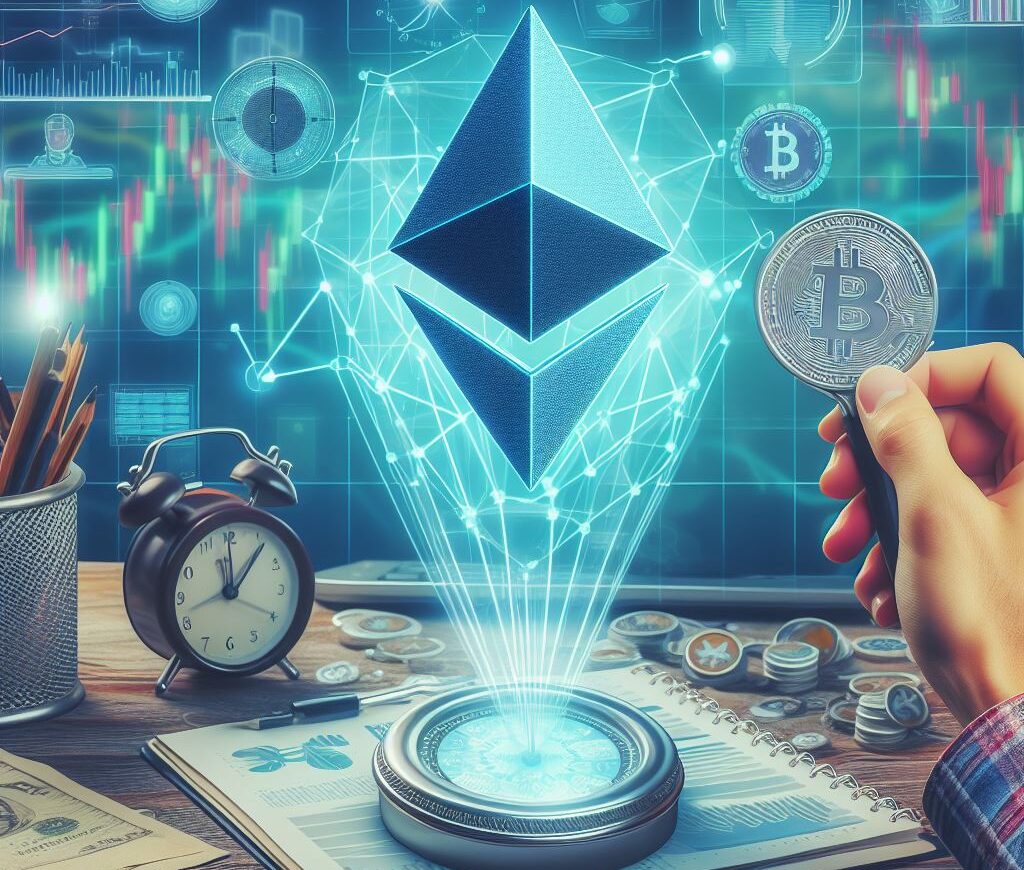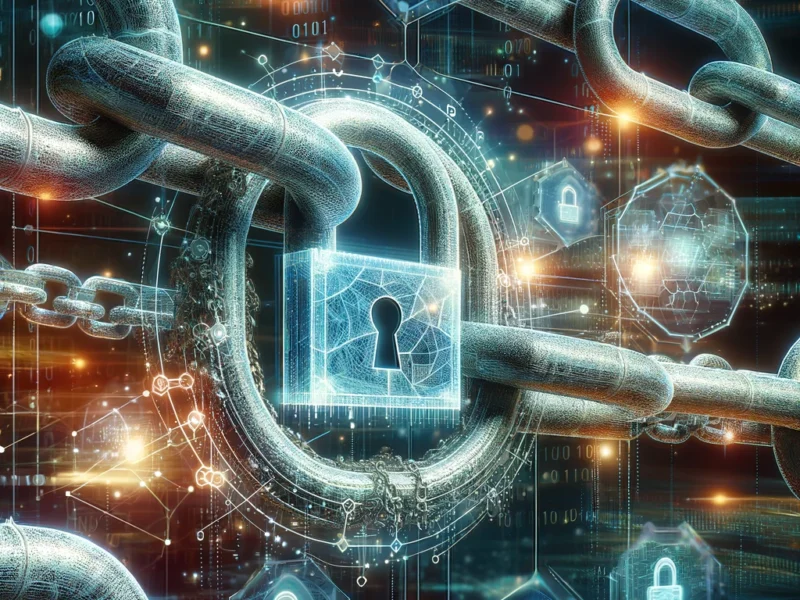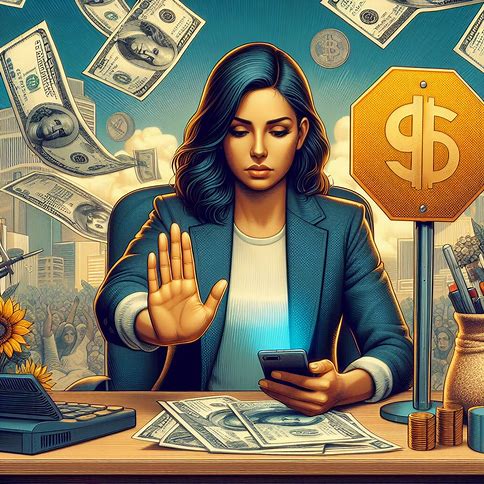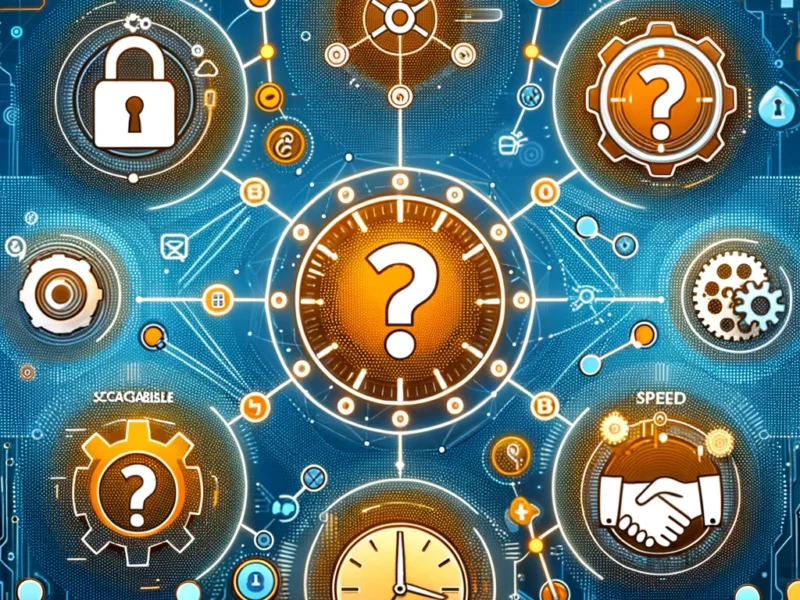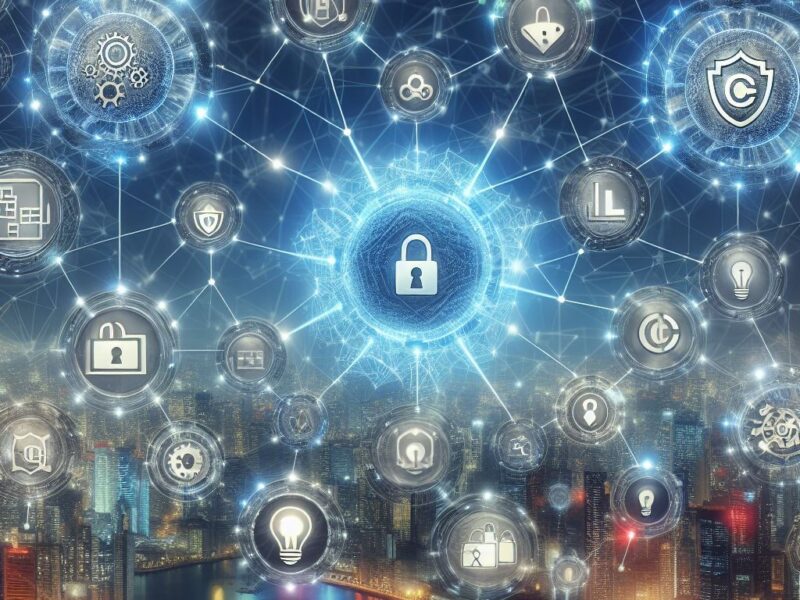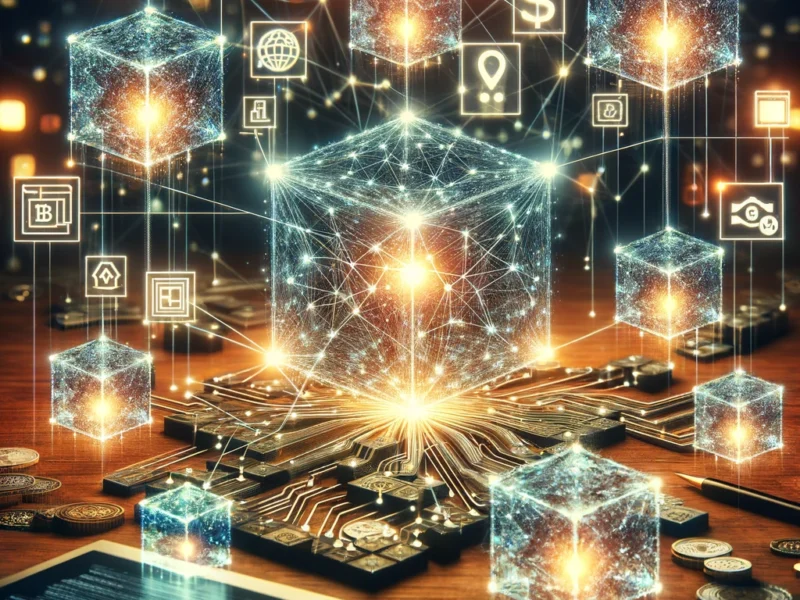Today, blockchain technology, the internet of things (IoT), and artificial intelligence (AI) are recognized as innovations that have the potential to improve current business processes, create new business models, and disrupt whole industries.
The convergence of Internet of Things (IoT), blockchain, and artificial intelligence/machine learning (AI/ML) technologies can cause digital transformations in several industries. This article explores how blockchain, IoT and AI come together to change industries today.
Jump To
ToggleWhat is Blockchain?
Blockchain is a decentralized, tamper-proof ledger that records transactions across a network of computers. This technology provides a high level of security, transparency, and trust, making it the perfect foundation for the IoT and AI.
Bitcoin, the world’s first decentralized digital currency, has paved the way for a new financial system that is free from the control of central authorities. But blockchain’s potential extends far beyond finance. From supply chain management to voting systems, this technology is disrupting nearly every industry.
What is IoT?
The Internet of Things (IoT) connects sensors, and everyday objects to the internet, allowing them to collect and exchange data. This interconnected network of devices is creating a world where our homes, cars, and cities are becoming smarter and more efficient.
But with billions of devices connecting to the internet, security is a major concern. This is where blockchain comes in. By leveraging blockchain’s secure, decentralized nature, we can ensure that IoT devices are protected from hackers and malicious actors.
What is AI?
Artificial Intelligence (AI) is the force behind the IoT and blockchain technologies. With the ability to analyze large amounts of data, learn from patterns, and make decisions, AI is transforming the way we interact with technology.
In the crypto space, AI is being used to develop sophisticated trading algorithms that can analyze market trends and make split-second decisions. But AI’s potential extends far beyond trading. From healthcare to transportation, AI is being used to solve some of the world’s most complex problems.
The Convergence of Blockchain, IoT, and AI
The convergence of blockchain, IoT, and AI is creating a new system for innovation and growth.
One of the applications of this convergence is in the field of supply chain management. By combining IoT sensors, blockchain’s immutable ledger, and AI’s predictive analytics, companies can create a transparent, efficient, and secure supply chain that is resistant to fraud and tampering.
For example, imagine a food supply chain where IoT sensors monitor temperature and humidity levels during transportation, ensuring that products stay fresh and safe. Blockchain records every step of the journey, from farm to table, creating an auditable trail that consumers can trust. Also, AI analyzes this data to predict demand, optimize routes, and reduce waste.
Another area where this convergence is seen is healthcare. By combining IoT devices like wearable sensors with blockchain’s secure data storage and AI’s diagnostic capabilities, we can create a more personalized, efficient, and effective healthcare system.
Imagine a future where your smartwatch can detect early signs of disease, securely share that data with your doctor via blockchain, and use AI to develop a personalized treatment plan. This is just one example of how these technologies can work together to improve our lives.
Challenges and Opportunities
One of the challenges facing the convergence of blockchain, IoT, and AI is regulation. As these technologies become more pervasive, governments and regulatory bodies will need to develop new frameworks to ensure that they’re being used ethically and responsibly.
Another challenge is scalability. As more devices connect to the internet and more data is generated, we will need to develop new solutions for storing, processing, and analyzing this data in real time. This is where blockchain’s decentralized nature and AI’s processing power will become increasingly important.
Despite these challenges, the opportunities presented by the convergence of blockchain, IoT, and AI are immense. From creating new business models to solving global challenges like climate change and poverty, these technologies have the potential to change our world.
Key Takeaways
- Blockchain, IoT, and AI are converging to create a new era of innovation and opportunity.
- Blockchain provides a secure, transparent, and decentralized foundation for IoT and AI applications.
- IoT connects devices, sensors, and everyday objects to the internet, enabling them to collect and exchange data.
- AI analyzes vast amounts of data, learns from patterns, and makes decisions, driving the IoT and blockchain revolution.
- The convergence of these technologies is transforming industries such as supply chain management, healthcare, and more.
- Decentralized applications (dApps) are emerging as a new frontier for innovation, leveraging blockchain’s unique properties.
- Challenges such as regulation and scalability must be addressed as these technologies continue to evolve.
FAQs
1. What is the relationship between blockchain and cryptocurrency?
Blockchain is the underlying technology that enables cryptocurrencies like Bitcoin to function as decentralized, secure, and transparent digital currencies. Cryptocurrencies are just one application of blockchain technology, which has the potential to transform many other industries beyond finance.
2. How can businesses benefit from the convergence of blockchain, IoT, and AI?
Businesses can leverage these technologies to create more efficient, secure, and transparent processes across various industries. For example, supply chain management can be revolutionized by combining IoT sensors, blockchain’s immutable ledger, and AI’s predictive analytics to create a more streamlined and trustworthy system.
3. What are some potential use cases for dApps?
Decentralized applications can be developed for a wide range of use cases, including social media platforms where users own their data and can monetize their content directly, gaming platforms that allow players to earn real-world value for in-game achievements, and more. The possibilities are virtually endless as blockchain technology continues to evolve.
4. How can individuals get involved in blockchain, IoT, and AI?
Individuals can start by educating themselves about these technologies and their potential applications. They can also explore opportunities to invest in cryptocurrency and blockchain projects, attend industry events and conferences, and even learn to develop their own dApps. As these technologies continue to grow and mature, there will be an increasing demand for professionals with expertise in these areas.
5. What are some of the challenges facing the widespread adoption of these technologies?
Regulation is a significant challenge, as governments and regulatory bodies work to develop frameworks that ensure these technologies are being used ethically and responsibly. Scalability is another concern, as the increasing amount of data generated by IoT devices will require new solutions for storage, processing, and analysis. However, with the right approach and collaboration between stakeholders, these challenges can be overcome, paving the way for a more connected, efficient, and secure future.
